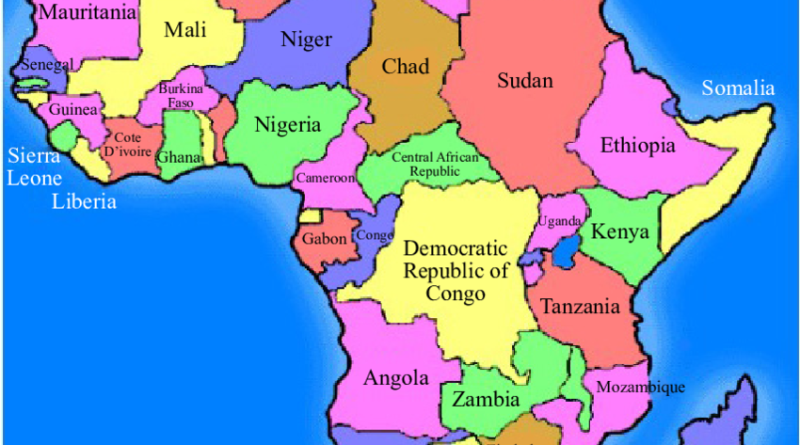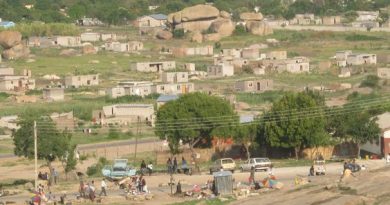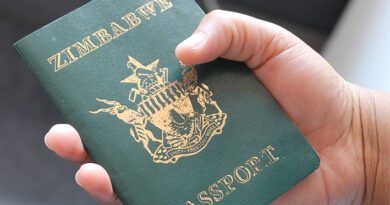The Silent Crisis in Our Minds: Why Africa Must Wake Up to Brain Health
By Chiyedzo Josiah Dimbo – Ambassador of Hope
In the quiet corners of rural clinics, in overcrowded hospitals, and behind closed doors in urban homes, something urgent is unfolding. It’s not loud like war or visible like drought — yet it cripples lives, stalls economies, and steals futures:
Neurological disorders.
From stroke and migraines to epilepsy and dementia, these conditions now affect more than 3 billion people worldwide — almost 40% of the global population. And yet, in most of Africa, we are dangerously unprepared.
A Deep Inequality in Care
According to the World Health Organization, low-income countries have up to 80 times fewer neurologists than high-income countries. In many regions, especially rural areas, access to diagnosis and treatment is almost non-existent.
Imagine suffering a stroke and being miles from the nearest hospital — only to arrive and discover there is no stroke unit, no CT scanner, no rehabilitation services.
Imagine a child experiencing seizures, and instead of receiving epilepsy medication, they’re isolated due to stigma and fear.
This is not fiction.
This is the lived reality of millions.
A Global Threat — and an African Emergency
Neurological conditions are now the leading cause of disability worldwide — and a growing cause of death. Despite this, less than one-third of countries have a national strategy to address brain health. In Africa, the number is even lower.
The cost of inaction is enormous:
Lives lost too soon.
Families devastated by caregiving burdens.
Economies weakened by lost productivity and long-term disability.
A generation held back — not by lack of potential, but by lack of access.
What Needs to Change?
The World Health Organization has issued a call to action. Governments are urged to:
Create and implement public policies that prioritise brain health at every stage of life.
Expand access to essential services, including mental health support, diagnostics, and rehabilitation.
Strengthen health systems and train more neurologists and health workers.
Invest in awareness, so that stigma no longer silences the suffering.
But this is not only the responsibility of governments. It is a collective mission.
A Message of Urgency and Hope
As the Ambassador of Hope, I believe that this generation must take a stand for invisible suffering. We must break the silence around brain health — and replace shame with knowledge, inaction with investment, and despair with dignity.
We need journalists to tell the stories.
We need educators to teach the signs.
We need communities to replace myths with science.
We need leaders to act — before more minds are lost.
This is the age of medical innovation. But innovation means nothing if it does not reach the village.
Wake Up, Africa.
Our minds are our most valuable resource.
We have protected minerals, forests, and water.
Now, it’s time to protect the very thing that thinks, leads, and dreams — the brain.
The future of Africa will not be built with bricks alone, but with minds that are healthy, supported, and strong.
Let this be the decade we invest — not only in roads and power, but in people.




